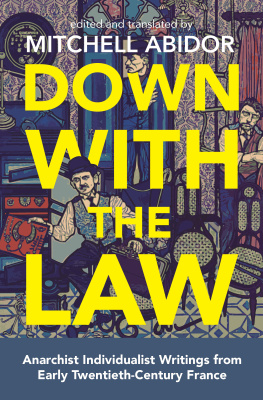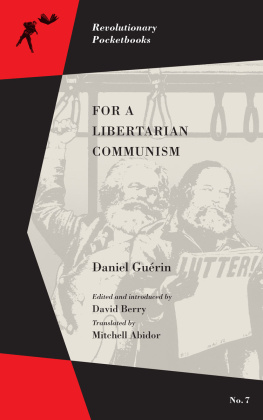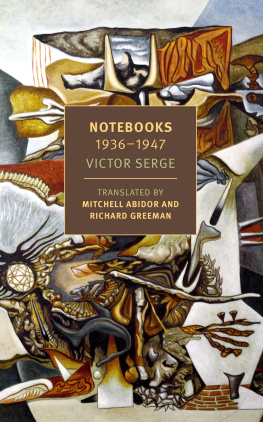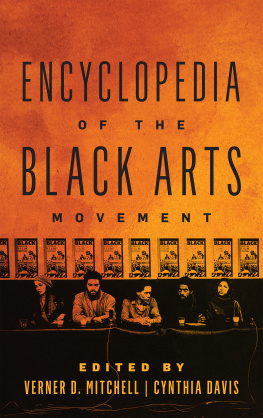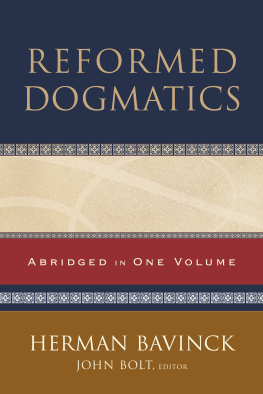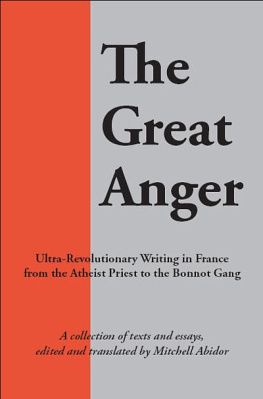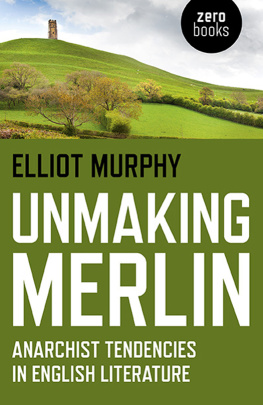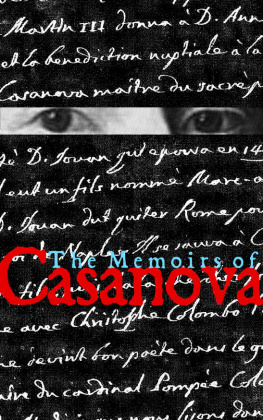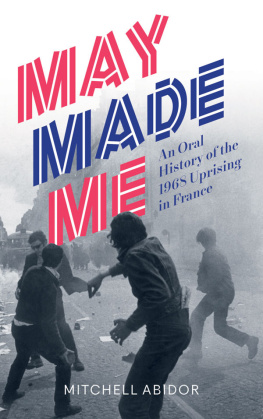Abidor Mitchell - The anarchist encyclopedia: abridged
Here you can read online Abidor Mitchell - The anarchist encyclopedia: abridged full text of the book (entire story) in english for free. Download pdf and epub, get meaning, cover and reviews about this ebook. City: Chico;CA, year: 2019;2018, publisher: Lightning Source Inc. (Tier 3);AK Press, genre: Romance novel. Description of the work, (preface) as well as reviews are available. Best literature library LitArk.com created for fans of good reading and offers a wide selection of genres:
Romance novel
Science fiction
Adventure
Detective
Science
History
Home and family
Prose
Art
Politics
Computer
Non-fiction
Religion
Business
Children
Humor
Choose a favorite category and find really read worthwhile books. Enjoy immersion in the world of imagination, feel the emotions of the characters or learn something new for yourself, make an fascinating discovery.

- Book:The anarchist encyclopedia: abridged
- Author:
- Publisher:Lightning Source Inc. (Tier 3);AK Press
- Genre:
- Year:2019;2018
- City:Chico;CA
- Rating:4 / 5
- Favourites:Add to favourites
- Your mark:
- 80
- 1
- 2
- 3
- 4
- 5
The anarchist encyclopedia: abridged: summary, description and annotation
We offer to read an annotation, description, summary or preface (depends on what the author of the book "The anarchist encyclopedia: abridged" wrote himself). If you haven't found the necessary information about the book — write in the comments, we will try to find it.
The anarchist encyclopedia: abridged — read online for free the complete book (whole text) full work
Below is the text of the book, divided by pages. System saving the place of the last page read, allows you to conveniently read the book "The anarchist encyclopedia: abridged" online for free, without having to search again every time where you left off. Put a bookmark, and you can go to the page where you finished reading at any time.
Font size:
Interval:
Bookmark:

The
Anarchist Encyclopedia
Abridged
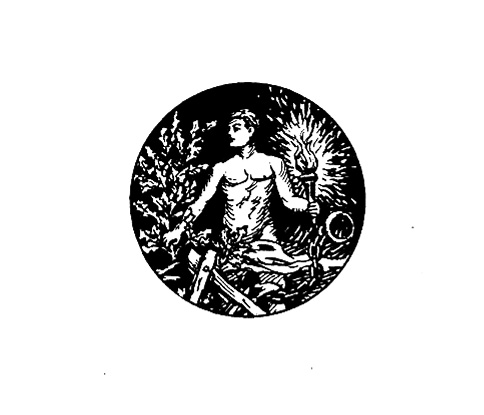
Sbastien Faure
this edition edited and translated by
Mitchell Abidor

In 1928, after decades in the movement, the universally respected elder of French anarchism, Sbastien Faure (known to all as Sbast) published a pamphlet called Le Synthse anarchiste : the anarchist synthesis. In it he called for the unity of the three dominant schools of anarchism: communist anarchism, anarcho-syndicalism, and individualist anarchism.
He wrote there that it was natural and unavoidable that, having reached a certain development, an idea as vast as anarchism would attain this triple manifestation of life. Faure recognized that each [school of anarchism] represents a force, a force it is not possible or desirable to bring down, each of them making an indispensable contribution in the combat to be delivered.
After outlining the contributions of the three trends, he concluded that nothing proclaims their incompatibility, that the existence of these three currents in no way harms the total strength of anarchism, that each has its place, its role, and its mission within the movement, and that under these conditions, anarchism can be likened to what is called in chemistry a compound, that is, a body formed from the combination of several elements.
In the face of their ferocious enemies, capitalism, fascism, and Bolshevism, all anarchists must unite and realize that the more divided we are, the weaker we are; the more united we again become and stand together, the stronger we will again become.
He addressed his comrades directly about the good that would come from uniting: What great and mighty actions we could engage in and what lovely and noble campaigns we could undertake and lead to success with our fraternal hearts and arms united!
When he wrote this, Faure was already three years into the production of the Encyclopdie Anarchiste , the Anarchist Encyclopedia , a massive work in four volumes and 2,893 pages that was, in book form, precisely the synthesis he called for in practice. Between the covers of these volumes we find, as we flip through its entries, articles on topics ranging from abdication to zoology, from onanism to Malthusianism, from abstentionism to the Sabbath. But more importantly, we find all of anarchism, not only its many schools, all allowed to present their cases uninhibitedly, but also the movement, the Idea in all its vigor, sharpness, confusion, goodness, and violence; all the goodness of its violence, and all the violence of its goodness. When publication was completed in December 1934, or at least this portion of the encyclopedia was published, for there was much more planned, those who read it were holding in their hands both a guide to action and a monument to a movement that even Faure recognized was in steep decline. It was in many ways the testament to a movement and a hope that had animated thousands, for which countless numbers had given their lives. There was no man more likely to produce this work than Sbastien Faure, and there was no one better qualified than he to do so.
II
Faure was born in 1855 to a bourgeois family in Saint-Etienne. He studied for the priesthood for a time, worked in commerce, did his military service, spent a year in England, worked for an insurance company, wed. It was only at age thirty that Faure entered what would be his true calling, that of a political activist, running as a candidate for the Parti Ouvrier in the legislative elections of 1885.
His marriage fell apart as a result of his political work (though much later he and his wife would reunite), and Faure moved to Paris where, by 1888, he was active in the capitals anarchist circles and quickly became a central figure of the movement. A gifted speaker, he embarked on his career as a professional lecturer, from which he would earn a significant part of his living for the rest of his days. As was often the case in the world of French anarchism, the war on religion was a frequent part of his activity, and he not only gave anti-religious lectures and wrote anti-religious pamphlets (most notably, Twelve Proofs of the Non-Existence of God ) but also engaged in public debates with priests.
Faure defended illegalism, already an issue within the movementthough it would only become an explosive and divisive concern decades later with the acts of the Bonnot Gangand attacked the celebration of May 1 for being taken under the control of politicians. During the wave of anarchist bombings in the early 1890s his position earned him the admiration of Auguste Vaillant, who had tossed a bomb into the Chamber of Deputies and, though the device failed to kill any of the deputies, had received the death sentence. Before being executed, Vaillant asked that his daughter be entrusted to Faure, who raised the child.
In 1894 Faure was considered a sufficient threat to be included in the Trial of the Thirty (though only twenty-six of the thirty accused actually appeared at the trial), an effort to put an end to anarchist propaganda and anarchism in France after Vaillants attentat. Like almost all the defendants, who included Jean Grave, Emile Pouget (famous for his pamphlet advocating sabotage), and the art critic (and alleged bomber) Flix Fnon, Faure was acquitted, and a year later he founded the weekly Le Libertaire , which would live a long life (with interruptions), distinguishing itself throughout by the catholicity of views expressed in its pages.
With the arrest, trial, and degradation of Alfred Dreyfus, Faure and the anarchist movement on a whole were not among those on the left in France who viewed the Dreyfus Affair as an intra-bourgeois issue (as even someone as decent as Jean Jaurs did at first), in part because the first Dreyfusard was one of theirs, Bernard Lazare.
Faure threw himself heart and soul into the defense of Dreyfus, and the first outlines of what would later become his anarchist synthesis can be seen in the even broader form of the Revolutionary Coalition he advocated for the defense movement, which would include republicans, freethinkers, socialists, revolutionaries, and anarchists in the fight against reaction.
Some of Faures comrades who were tainted by Jew-hatred accused him and his colleagues in the newspaper Le Journal du Peuple , of being funded by Jews, but it did nothing to dissuade Faure in his fight both in defense of Dreyfus and later in his opposition to anti-Semitism (a cause to which he remained dedicated over the following decades), a sentiment particularly strong among the Blanquists. Nevertheless, Faures lifelong opposition to anti-Semitism did not prevent him from allowing passages tainted with anti-Semitism to enter the encyclopedia, particularly those in the entry on Xenophobia, by the future Nazi Collaborator Achille Blicq. Ultimately a split appeared among anarchists, a more radical wing feeling that Faure had gone too far in his defense of the accused and had abandoned revolution. In the end, with the release of Dreyfus and the end of the Dreyfusard movement, Faure was forced to close down his newspaper and start Le Libertaire up anew.
The disgust caused by these internecine quarrels led Faure to withdraw from the movement, and he spent the next decade doing work on the pedagogical front, founding the libertarian colony La Ruche (The Hive), which lasted thirteen years and received much attention and support from the socialist and anarchist left.
Font size:
Interval:
Bookmark:
Similar books «The anarchist encyclopedia: abridged»
Look at similar books to The anarchist encyclopedia: abridged. We have selected literature similar in name and meaning in the hope of providing readers with more options to find new, interesting, not yet read works.
Discussion, reviews of the book The anarchist encyclopedia: abridged and just readers' own opinions. Leave your comments, write what you think about the work, its meaning or the main characters. Specify what exactly you liked and what you didn't like, and why you think so.

